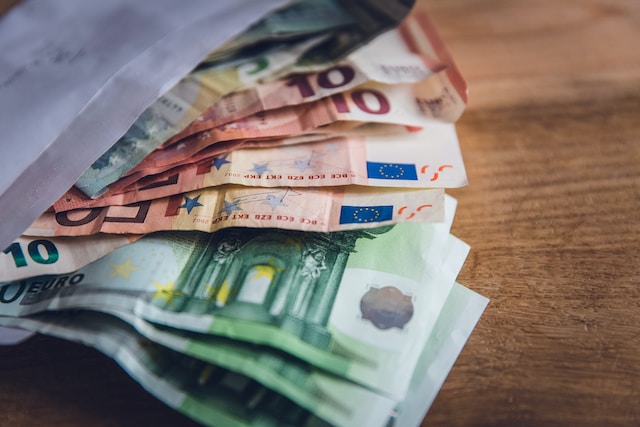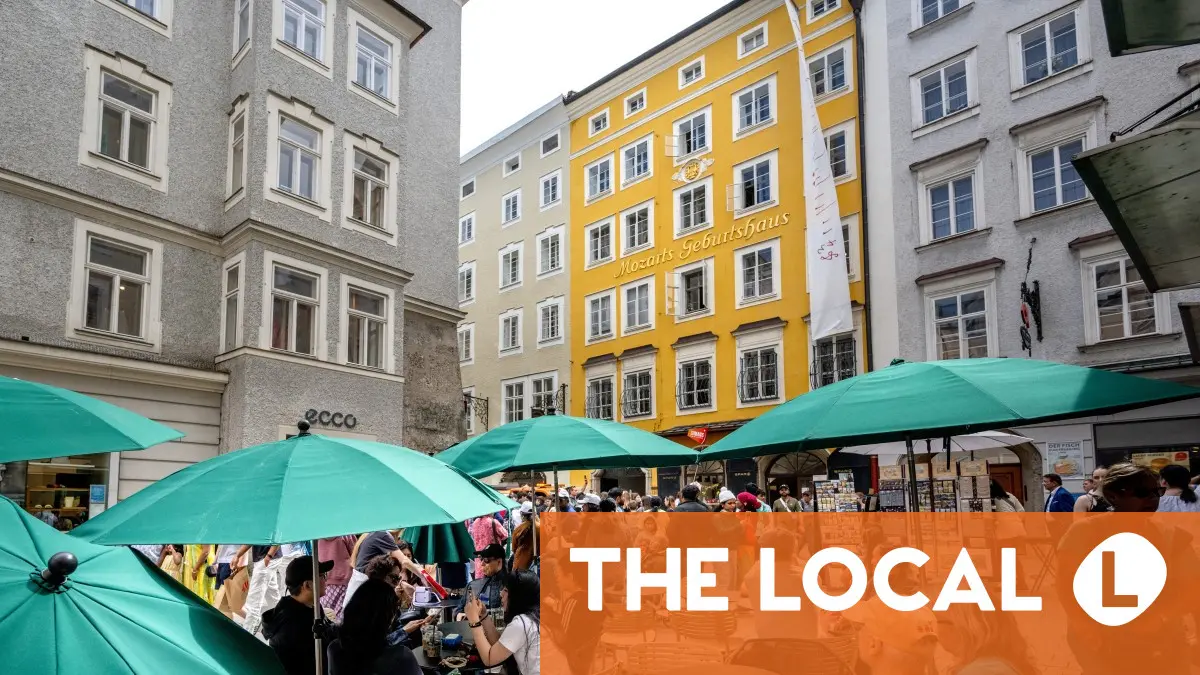Following a major slump, there are signs that Austria’s economy has stopped shrinking. Coalition parties now want to put together an economic stimulus package to boost business. What ideas are on the table?
After years of recession, there is some cautious good news when it comes to Austria’s economic climate.
The latest picture shows that the economy appears to have stopped shrinking but it remains stagnant.
Now the government is mulling over how to shake things up. Austria’s governing coalition parties, the ÖVP, SPÖ, and NEOS, are planning to put together a stimulus package to boost the economy.
READ ALSO: Why is Austria facing its longest recession in decades?
How bad is the economic situation in Austria?
It’s a mixed picture but let’s start with the good news.
The number of new startups founded in Austria reached a record high in the first half of 2025. A total of 21,128 new companies were registered, an increase of almost 10 percent compared to the same period last year.
Most of the new startups are in the fields of management consulting, accounting and IT. It remains to be seen how much momentum this wave of businesses will generate. But according to economists, one of the reasons for weak productivity growth in Austria is that the country does not have enough emerging startups so this could be a real boost.
Advertisement
And there are other signs of a slight change in the economy. Bank Austria’s economic barometer is at its highest level in two and a half years. This indicator is based on surveys of senior management as well as data on the development of credit demand and consumer confidence.
The bad news is that it’s not enough to really kick-start the economy. The management surveys indicate that Austria’s economy is stagnating rather than growing.
The industry recession is still ongoing, says economist Stefan Schiman from the Austrian Institute for Economic Research (WIFO), and has been for around three years now.
Inflation in Austria is also still at 3.6 percent, which is 1.6 percentage points above the eurozone average. Schiman said the signs of an upturn are not yet in full flow.

Photo: Markus Spikse/Unsplash
What is Austria’s government doing about it?
The topic of how to get Austria’s economy going will be one of the biggest talking points at an upcoming government summit, reports Austrian newspaper Der Standard.
On September 2nd and 3rd, the coalition parties are meeting before the new political season comes into force.
Politicians will consider launching a package of economic measures that could be worth around €400 million, if they can find the funding.
Advertisement
What might be in the economic package?
According to Austrian media, proposed measures range from tax incentives for business investment to relief for labour-related costs.
The SPÖ also wants to step up the fight against inflation to ease the stress for consumers in Austria. However, options like reducing VAT on food would be costly, so smaller-scale measures are more likely.
As for growth, proposals include expanding tax incentives for business investment, such as enlarging the existing investment allowance. Currently, when purchasing a new machine, companies can deduct 10 percent of the cost in addition to standard depreciation. This rate could be increased – a move welcomed by industry.
READ ALSO: How Trump’s tariff war could hit Austria’s economy
The NEOS party, meanwhile, is pushing for relief in the form of of a reduction in non-wage labour costs or steps toward deregulation. A possible option would be a slight cut in companies’ contributions to the Family Burden Equalisation Fund, which supports families in Austria financially. Employers currently pay 3.7 percent of wages into the fund. Lowering the rate by 0.1 percentage points, for instance, is being talked about, but the SPÖ is sceptical.
To fund the package, options on the table include revising public sector wage agreements, adjusting pension increases, or raising contributions to unemployment insurance for people on lower incomes. However, these ideas are controversial.
Advertisement
Will measures like this save the economy?
Experts say that it’s unclear whether initiatives like those mentioned would actually make a big difference.
Austria’s economy is “not in an economic crisis, it’s in a structural crisis,” said WIFO boss Gabriel Felbermayr.
Felbermayr pointed out that Austria has struggled to keep up with other countries in areas like mechanical engineering, metal production, construction and electronics.
Furthermore, firms are struggling with rising energy and labour costs, which is piling on the pressure, especially for those trying to compete on the international stage.
“It’s the perfect storm,” Felbermayr added.
READ ALSO: Austria’s debt crisis explained: How bad is it and what will the impact be?
According to experts at the WIFO, companies will have to replace old machinery and invest – but they believe a culture change is also needed to get Austria’s economy back on track in the long term.
